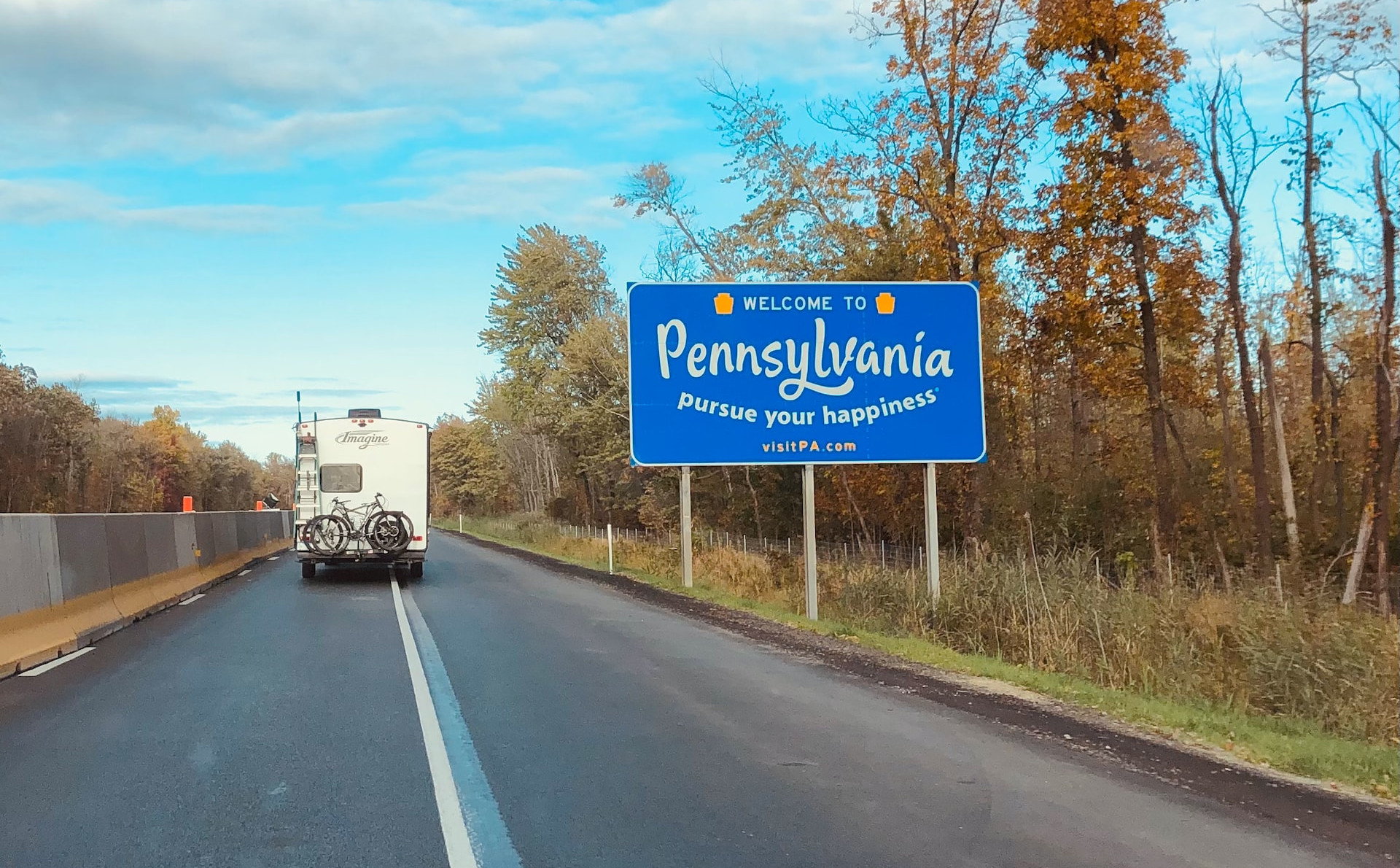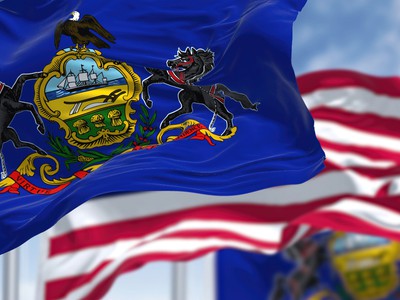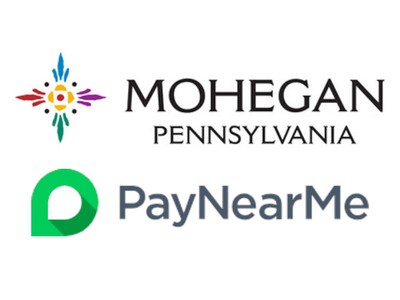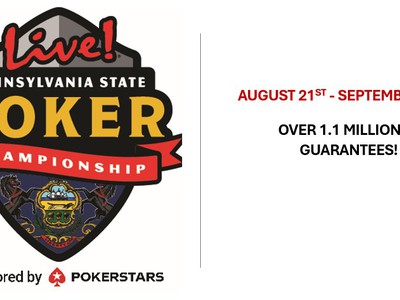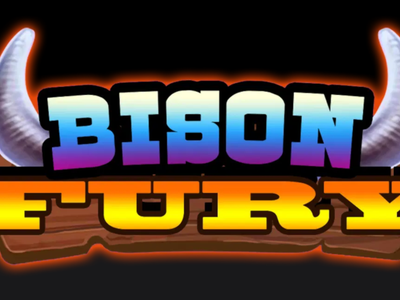When it comes to online poker regulation in the United States, it is an issue that is often overlooked or simply misunderstood by the lawmakers, many of whom have never played a single hand of poker in their lives.
One member of the House of Representatives in Pennsylvania, however, is very different, as he has been an avid online poker player since before Black Friday, and has a passion for the game that could Pennsylvania join the Multi-State Internet Gaming Agreement with the likes of Michigan and New Jersey.
Rep. George Dunbar has introduced HB 2078, a House Bill that seeks to authorize the Pennsylvania Gaming Control Board (PGCB) to request for Pennsylvania to join MSIGA.
The Bill currently enjoys bi-partisan support and has been supported by Republicans and Democrats alike. Should it be voted into law, the Bill could see Pennsylvania join MSIGA in the near future.
Unfortunately, it is unlikely we will see this come to fruition before WSOP 2024, but PA online poker players in could be playing online poker with their peers from other states as early as 2025.
What Is MSIGA?
Online gaming in the US is a unique phenomenon. Unlike in other countries, regulation of online poker is a matter of state law in the US, which means every state gets to regulate which live and online games are legal or not.
While sports betting can now be legally spread across dozens of states, only a handful allow for online poker play, and until recently players in these could only play with other players within those states.
The idea behind MSIGA was to allow those borders to be crossed and for players from multiple states to play online poker on the same platforms, creating more liquid player pools, bigger poker tournaments, and a more enjoyable experience for all.
Since poker is a social game, more players means a better gaming experience, and states like Nevada, Michigan, and New Jersey all joined the compact, along with Delaware and West Virginia.
That said, West Virginia does not yet have any online poker sites to speak of, while Pennsylvania has a thriving online poker market that is not yet a part of the Multi-State compact.
Should Pennsylvania actually join MSIGA, it would mean that operators like WSOP.com or PokerStars could merge the traffic from all the states they are active in and create a truly competitive and thriving online poker market.
What’s even more, this could open the eyes of the lawmakers in other states to the concept of legalized online poker, as a number of states are currently contemplating legalizing online casino games and poker within their borders.
What Happens Next?
HB 2078 has been submitted to the House Gaming Oversight Committee, which will examine its merits and send it off to voting.
The Bill must pass both Houses of the General Assembly to become law, and will then be sent to Gov. Josh Shapiro, a Democrat, for signing.
Rep. Dunbar believes Shapiro will sign the Bill into law when the time comes, as there is everything to gain and nothing to lose.
As things stand, Pennsylvania remains the only poker-playing state that is not a part of the Multi-State compact, begging the question as to why that would remain the case.
According to Dunbar, Pennsylvania is already a part of a similar compact in regard to lottery, as Pennsylvania lottery players are allowed to participate in games like Powerball and Mega Millions, which span across state lines.
The idea of MSIGA was not high on the list of priorities for Gov. Shapiro, but according to pokerfuse is something that has been brought to his attention now that the Bill is in the Committee, and is likely to get a positive response from the Governor when the right time comes. The site has organized a grass-roots advocacy campaign, #GrowPApoker, to encourage US poker players to contact their lawmakers to support passage of the bill.
